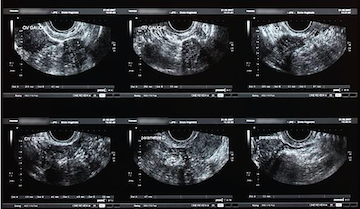L'information n'est pas tout : faciliter la prise de décision des femmes concernant le dépistage prénatal
In the past 10 years psychological research in prenatal testing has focused on an examination of individual choice and assessing whether or not the choice is a) informed and b) consistent with personal values. Those who commission, plan and deliver prenatal testing services have therefore invested significant resources in the development of information materials across a range of media to support the goal of personal reproductive choice. High quality, accurate, balanced information about testing and the conditions tested for is indeed essential for supporting informed choice and information should be provided in ways that make it accessible to the diverse pregnant population. However, much less attention has been paid to the social and environmental aspects of the encounter between midwife and pregnant woman and their role in informing the decisions women make. This paper will present recent research that suggests the immediate social context of the encounter may have significant impact on screening uptake. In addition, work in the area of Conversation Analysis will be used to consider how the language and structure of the conversation between the health professional and the woman may play a significant role in the decision that is made.
Biography
Dr Louise Bryant, Associate Professor of Medical Psychology, School of Medicine, University of Leeds, UK
Louise Bryant has been researching in psychosocial aspects of prenatal testing (especially for Down syndrome) for over 15 years and has published widely on the topic. Her work has focused on understanding the information and support needs of pregnant women so that they can make informed choices, and the social context in which they make testing decisions. Recently, she was a member of the working group who published the influential review on ethical issues associated with Non-Invasive Prenatal Testing for the UK Nuffield Bioethics Council. She currently chairs the Fetal Anomaly Screening Programme's Information and Education Group for Public Health England, who are tasked with overseeing the delivery of information for pregnant women and training of health professionals ahead of the roll-out of Non-Invasive Prenatal Testing in England in 2018.


